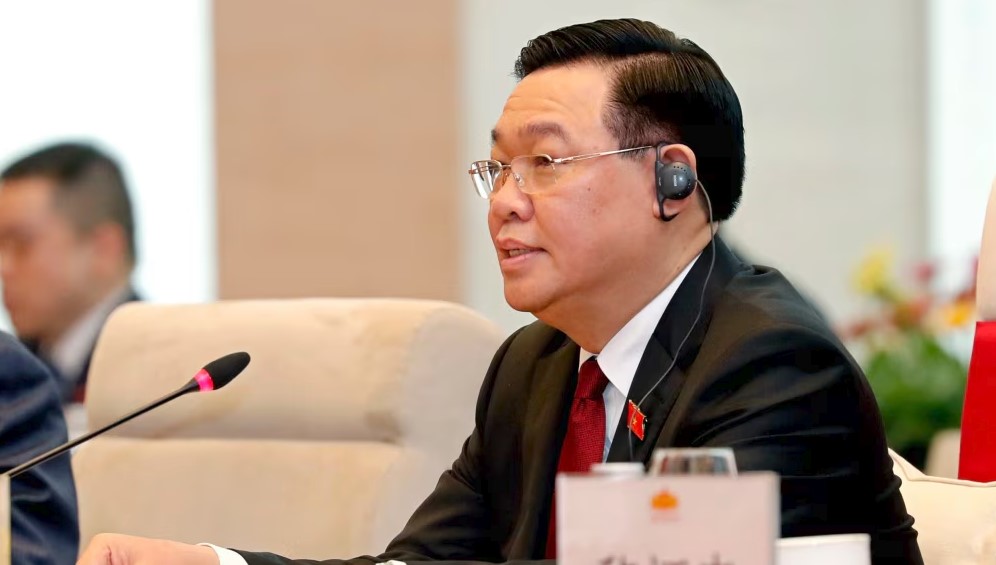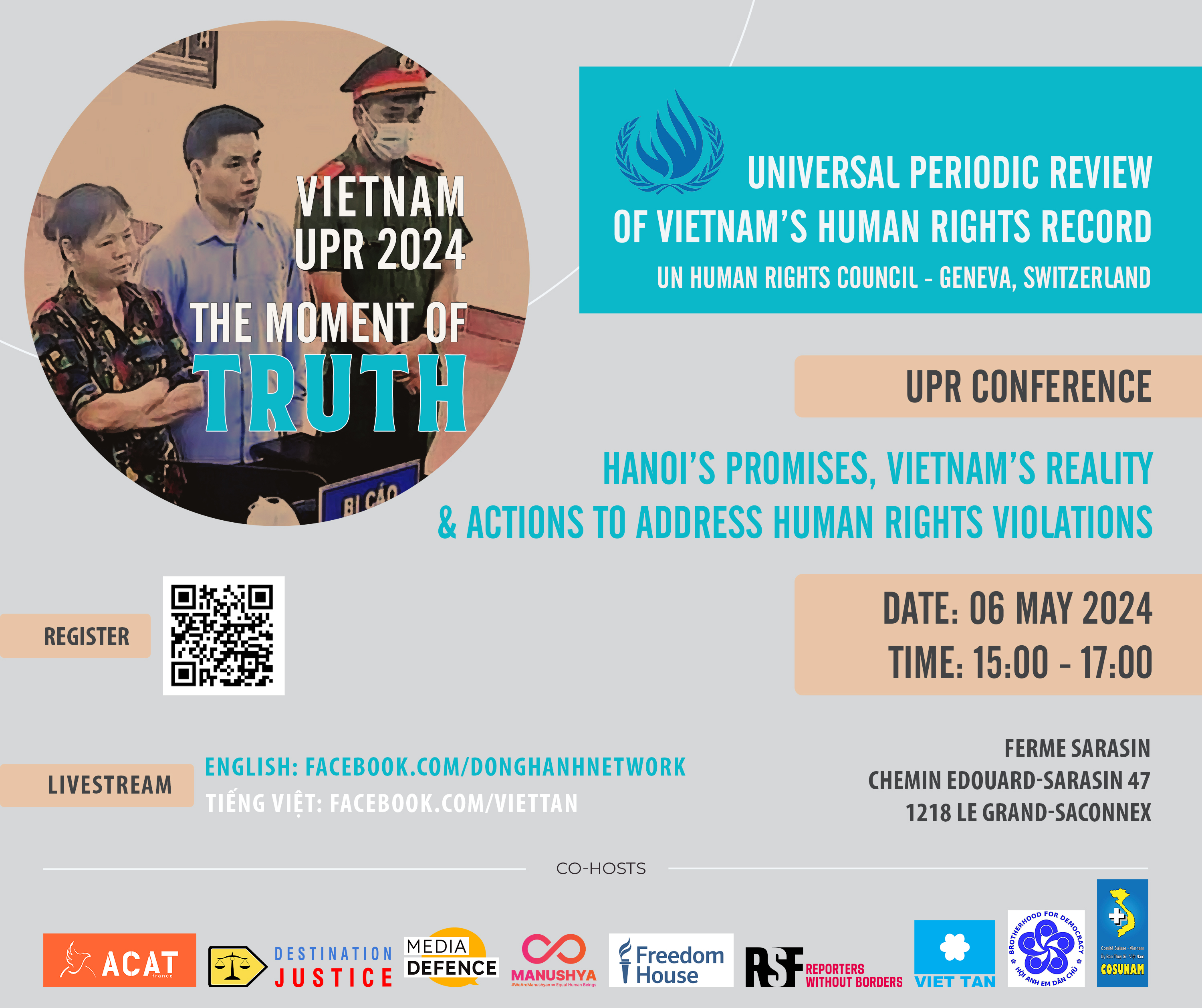By Kate Monaghan
CNSNews.com Correspondent
November 14, 2006
(CNSNews.Com) – On the eve of President Bush’s first visit to Vietnam, the State Department Monday removed the country from a list of religious persecutors, but Vietnamese activists blasted the move.
The State Department said Vietnam no longer qualified for the list of “countries of particular concern” (CPC) for egregious religious freedom abuses – a designation under the 1998 International Religious Freedom Act.
The communist government in Hanoi this week hosts the annual Asia-Pacific Economic Cooperation (APEC) summit, and President Bush will be among those attending the gathering.
“Vietnam is not being re-designated as a country of particular concern this year,” State Department spokesman Edgar Vasquez told Cybercast News Service.
“The reason is that Vietnam has made significant improvement towards advancing religious freedom and no longer fits the criteria of severe violator as defined in the International Religious Freedom Act,” he said.
Vasquez added that Vietnam had released all religious prisoners – one of the main reasons for its designation as a CPC.
“We continue to see progress,” he said. “For example, over the past two years the government has released all religious prisoners.”
“I disagree,” said Diem Do, chairman of Viet Tan, a reform party that advocates democracy and economic development of Vietnam.
“I think religious persecution is still happening inside Vietnam right now,” he told Cybercast News Service from California. “I don’t think all religious prisoners have been released yet, and even if they have released a few or a number of people, that doesn’t mean that these people are free.”
Do argued that former detainees often are placed under house arrest.
“I would say 99 percent of the time when people are released from prison, most often they are put under house arrest for two years, three years, four years after that. What does that mean? That means they simply move you from one prison to another jail.”
Do said he doubted that Vietnam was removed from the CPC list because of a dramatic improvement in religious rights.
It was, he alleged, a “trade off” for Vietnam abolishing a decree that allowed the government to detain suspects without charge for up to two years.
He also believes that the U.S. government came under pressure from “pro-trade groups” – a reference to supporters of U.S.-Vietnam normal permanent trade relations.
A bill establishing NPTR with Vietnam was expected to be voted on by both chambers of Congress this week, raising the possibility that Bush could sign the legislation when he’s in Hanoi for the APEC meeting.
“To say that they have made great improvement is to be very optimistic at the very least if not naive,” Do said.
He expressed confidence that Vietnam’s removal from the blacklist would not be permanent.
“If we come back with enough evidence [of violations], we will be able to convince the U.S. government that the Vietnamese belongs on the CPC list,” he said.
The U.S. Commission on International Religious Freedom, a panel established under the International Religious Freedom Act, last week urged the administration not to remove Vietnam from the CPC list.
“Severe restrictions on religious freedom and abuses continue in Vietnam in all of the areas cited by the State Department when Vietnam was designated a CPC (country of particular concern) in 2004,” it said in a letter to Secretary of State Condoleezza Rice.
Apart from removing Vietnam from the list, the State Department on Monday added one new country, Uzbekistan.
Others on the list are Burma, China, Eritrea, Iran, North Korea, Saudi Arabia and Sudan.





